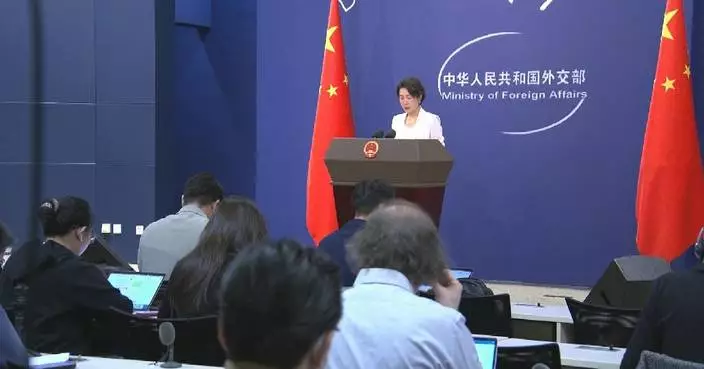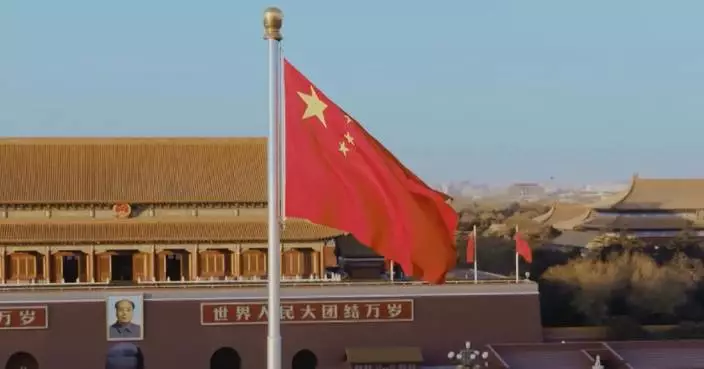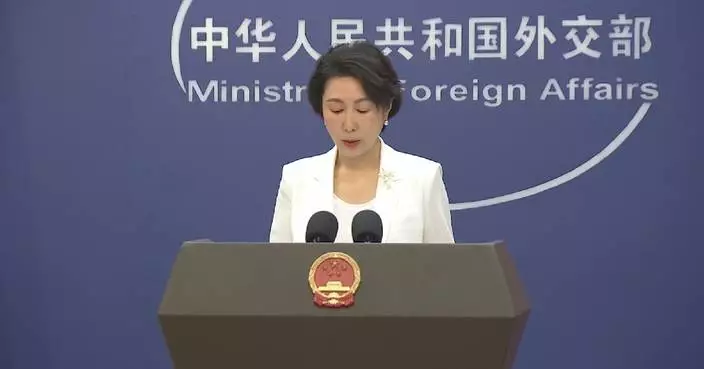China and the Association of Southeast Asian Nations (ASEAN) have completed negotiations on their free trade area version 3.0, with the formal signing to take place before the end of the year, the Ministry of Commerce said on Wednesday.
The two sides announced the agreement at a special ASEAN Economic Ministers consultation session with China's Minister of Commerce Wang Wentao Tuesday.
The FTA 3.0 contains nine new chapters, including digital economy, green economy, supply chain interconnection, competition and consumer protection, small, medium and micro enterprises, and economic and technical cooperation.
It is conducive to promoting broader and deeper regional economic integration under the new situation, and will vigorously promote the deep integration of the production and supply chains of the two sides, the ministry said.
The upgraded version, as a priority for economic and trade cooperation between the two sides, is a landmark achievement in jointly maintaining and deepening free trade, demonstrating the strong vitality of free trade and open cooperation, according to the ministry.
It will inject greater certainty into regional and global trade, and play a leading and exemplary role for countries to adhere to openness, inclusiveness and win-win cooperation, and will effectively promote the building of a China-ASEAN community with a shared future, the ministry said.
Negotiations began in November 2022 and were concluded substantially in October 2024 after nine rounds spanning nearly two years.
The ASEAN-China Free Trade Area was first signed in 2002 and came into force on January 1, 2010.
ASEAN, made up of 10 Southeast Asian countries, is China's largest trading partner. In 2024, bilateral trade increased amounted to 6.99 trillion yuan (968 billion U.S. dollars), accounting for 15.9 percent of China's foreign trade, according to official statistics.
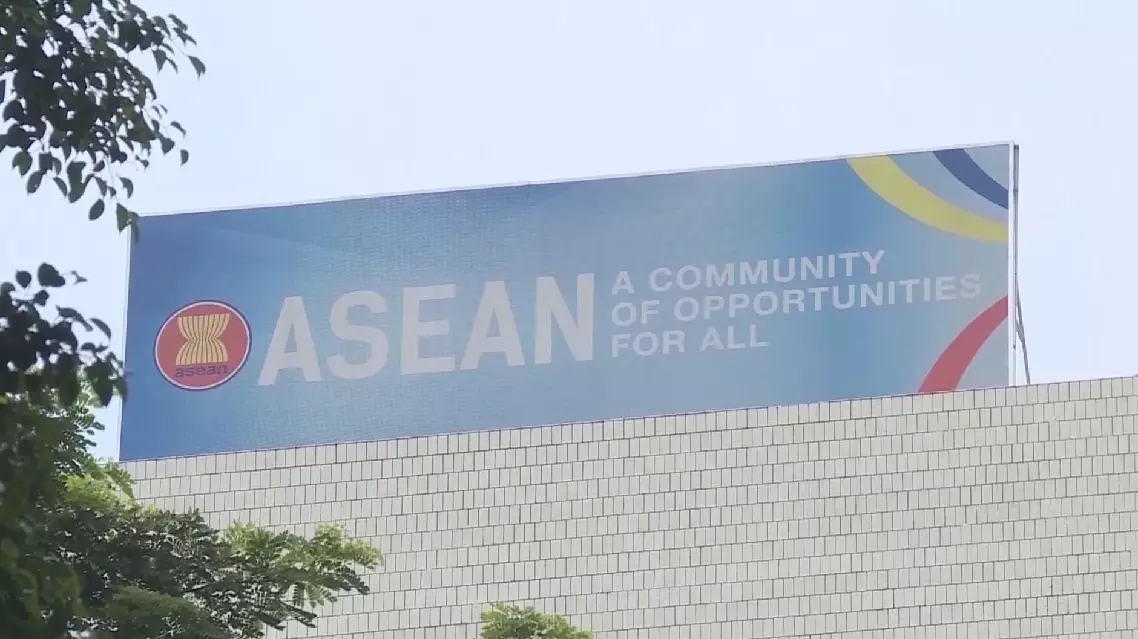
China, ASEAN complete negotiations on free trade area 3.0
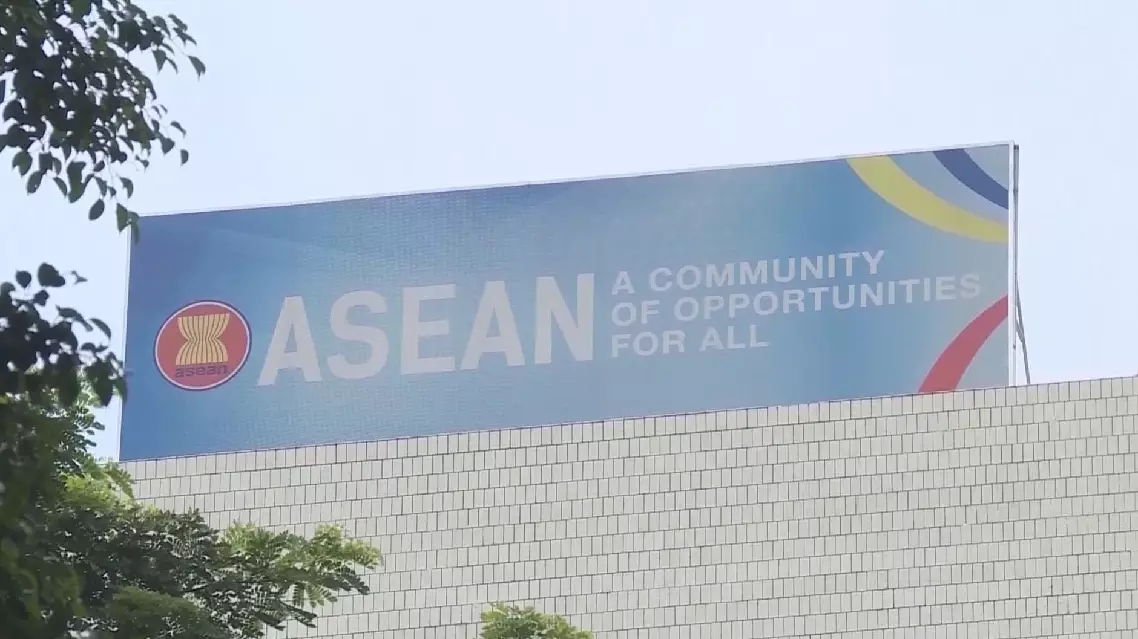
China, ASEAN complete negotiations on free trade area 3.0
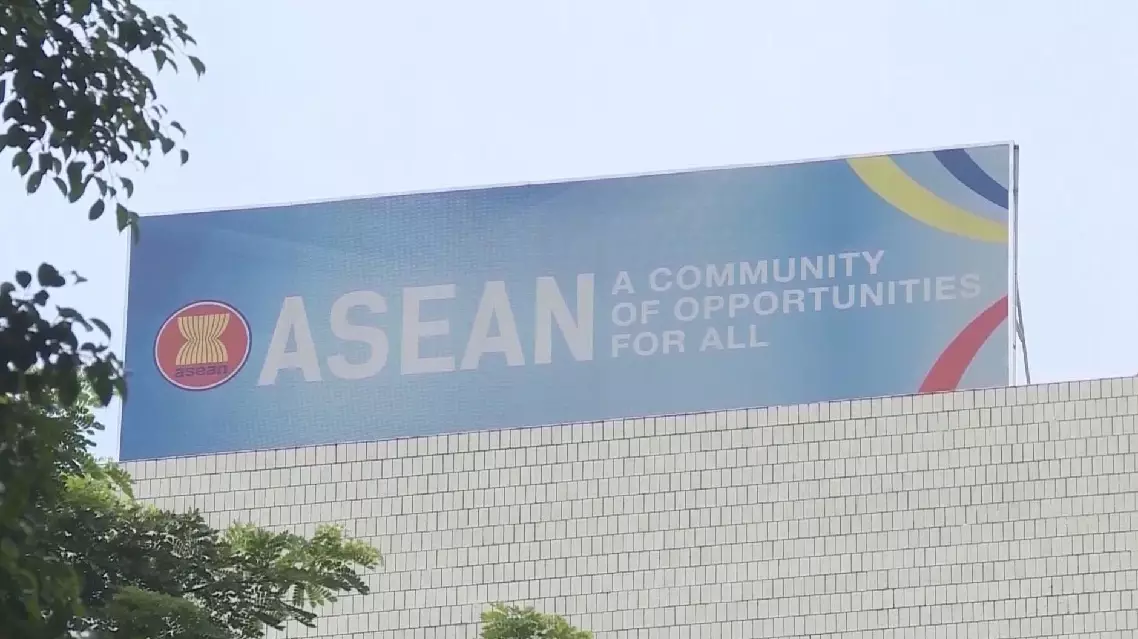
China, ASEAN complete negotiations on free trade area 3.0
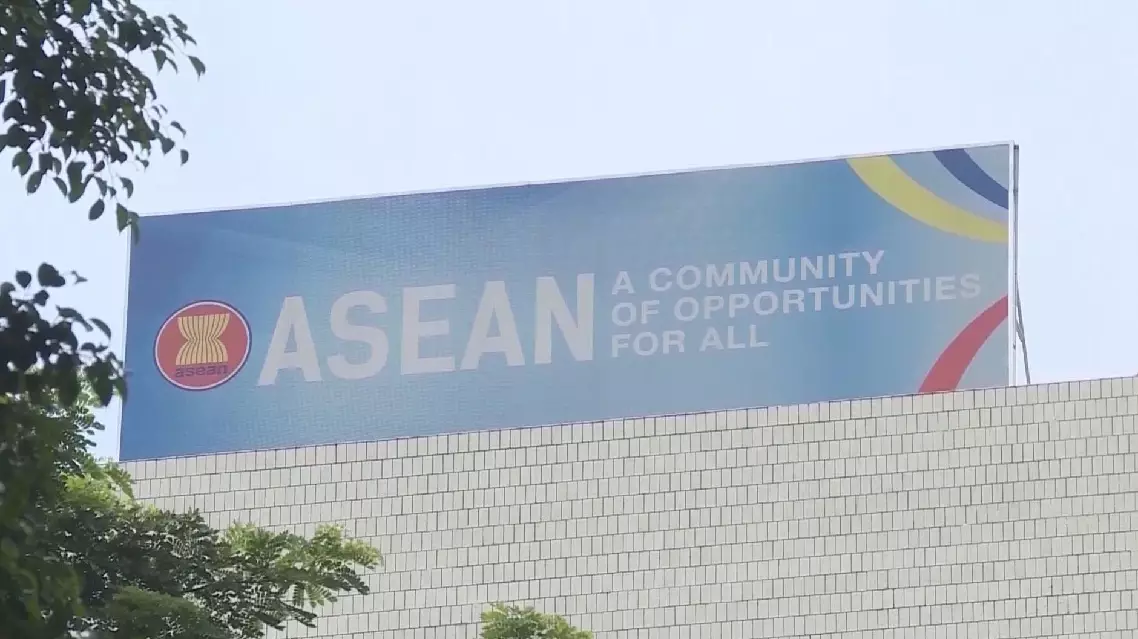
China, ASEAN complete negotiations on free trade area 3.0





